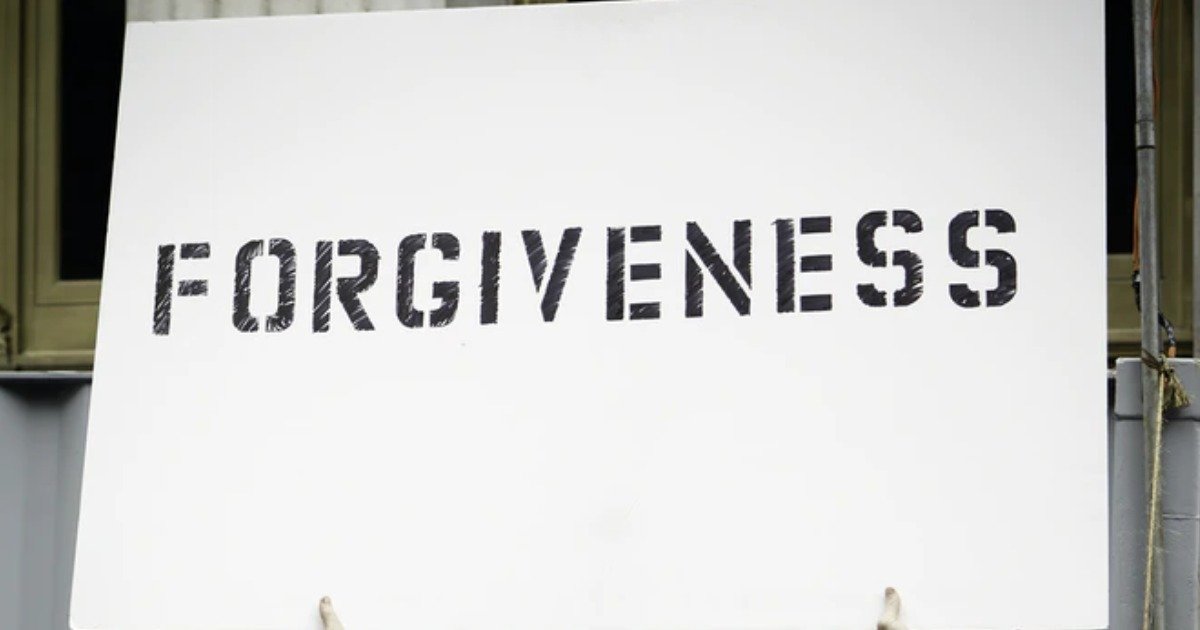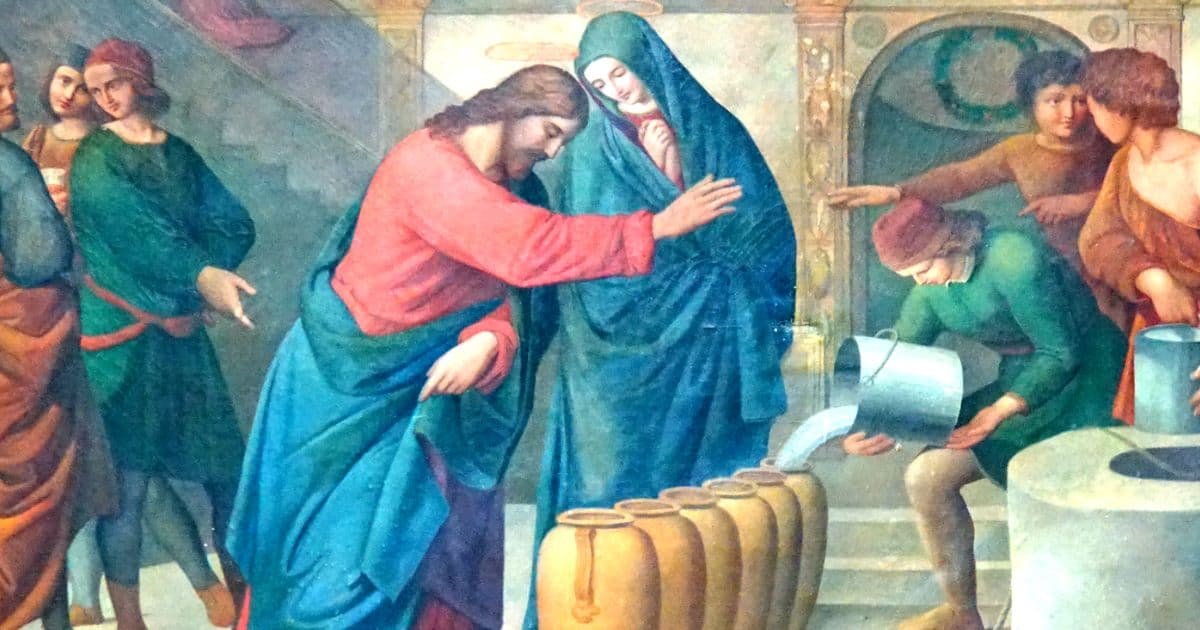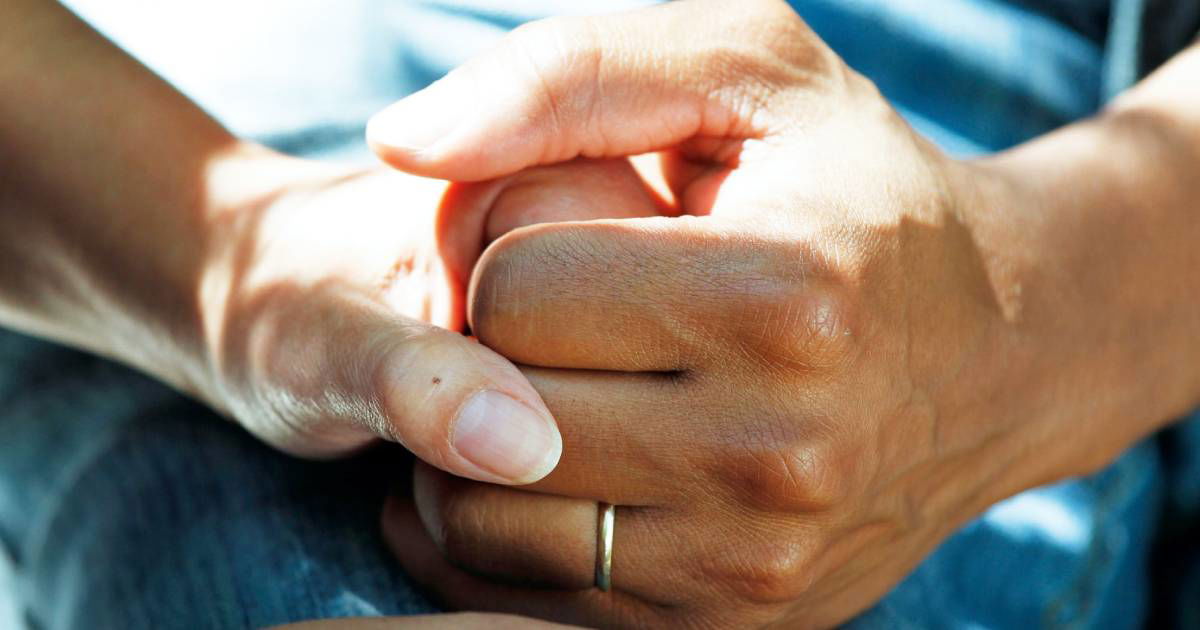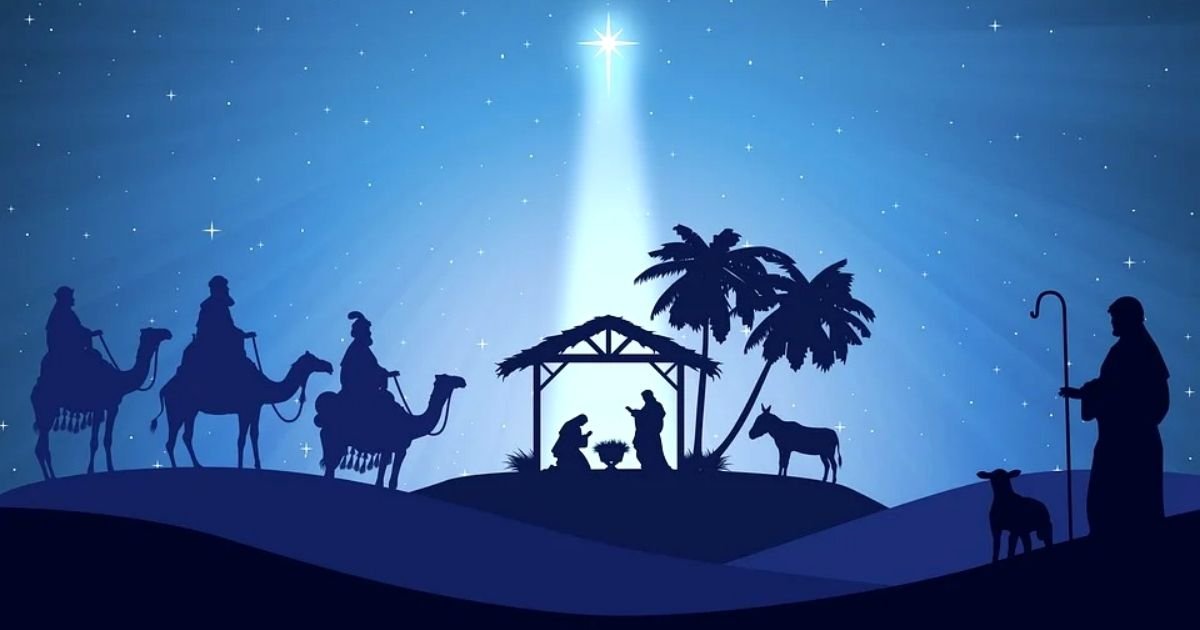Should Christians Celebrate Halloween? Many Christians have been asking this question, especially as October 31st draws near, reflecting on whether the traditions and history of Halloween align with their faith and the teachings of the Bible.

In this article, we delve into the origins of Halloween, examine its customs, and consider what the Bible advises regarding our participation in such celebrations.
Origin of Halloween
The history of Halloween originated from the ancient Celtic festival of Samhain. This festival marked the end of the harvest season and the beginning of winter. The Celts believed that on the night before their new year, which began on November 1st, the boundary between the living and the dead became blurred.
On the night of October 31st, they celebrated Samhain, when they believed that the ghosts of the dead returned to Earth, causing trouble and damaging crops. During the event, Druids, Celtic priests, built huge sacred bonfires, where people gathered to burn crops and animals as sacrifices to the Celtic deities. During the celebration, the Celts donned costumes, typically consisting of animal heads and skins, and attempted to tell each other’s fortunes.
Is Halloween a Christian Holiday?
Halloween is not a Christian holiday. When the Romans conquered the Celtic lands, the festival of Samhain was blended with Roman traditions. This mix led to customs resembling modern Halloween practices.
As Christianity spread, many of the pagan festivals were replaced with Christian holidays and celebrations, often coinciding with the same dates or seasons as the original festivals.
In the 8th century, Pope Gregory III of the Catholic Church designated November 1st as All Saints’ Day, a time to honor all saints. The evening before was known as All Hallows’ Eve, which eventually evolved into Halloween. Despite this connection, the traditions and customs of Halloween are largely influenced by the pagan festival of Samhain and the Roman festivals.
What Does the Bible Say About Celebrating Halloween?
The Bible does not mention Halloween directly, but it offers clear guidance on how Christians should approach practices and celebrations with pagan origins or those that promote darkness and fear. 1 Thessalonians 5:22 advises believers to “abstain from every form of evil.” Given Halloween’s roots in Samhain, a festival celebrating the blurred lines between the living and the dead, engaging in Halloween festivities could be viewed as participating in something that is contrary to Christian teachings.
Ephesians 5:11 takes a strong stance, encouraging Christians to “have nothing to do with the fruitless deeds of darkness, but rather expose them.” Halloween’s association with ghosts, witches, and the occult are elements of darkness that the Bible warns against. Participating in celebrations that involve these themes could be interpreted as condoning them, rather than exposing and rejecting them as instructed.
1 Corinthians 10:21 is a stark reminder that Christians cannot have a foot in both worlds: “You cannot drink the cup of the Lord and the cup of demons too; you cannot have a part in both the Lord’s table and the table of demons.” Celebrating a holiday with pagan origins and associations with the occult could be seen as trying to blend the holy with the unholy, which is clearly cautioned against in this verse.
Romans 12:2 further supports the call for Christians to live distinctly from the world: “Do not conform to the pattern of this world, but be transformed by the renewing of your mind. Then you will be able to test and approve what God’s will is—his good, pleasing and perfect will.” Halloween, as a holiday celebrated widely across various cultures, represents a pattern of this world. Christians are called to transform their minds and seek God’s will, which may lead them away from celebrating Halloween.
Furthermore, 2 Corinthians 6:17 urges believers to “come out from them and be separate, says the Lord. Touch no unclean thing, and I will receive you.” This verse echoes the call for purity and separation from practices that are not aligned with Christian beliefs. Engaging in a holiday that celebrates elements contrary to the Bible could be seen as touching something unclean, and as such, Christians might choose to distance themselves from Halloween celebrations.
It’s crucial for Christians to approach holidays like Halloween with care and discernment. Before diving into the festivities, take a moment to reflect and consider: does this align with my faith and the teachings of the Bible? By staying rooted in scripture and thoughtful in our actions, we ensure our celebrations truly honor God. Remember, it’s always okay to step back, ask questions, and choose the path that feels right in your heart and aligns with His word.
“But examine everything carefully; hold fast to that which is good; abstain from every form of evil” 1 Thessalonians 5:21-22.






